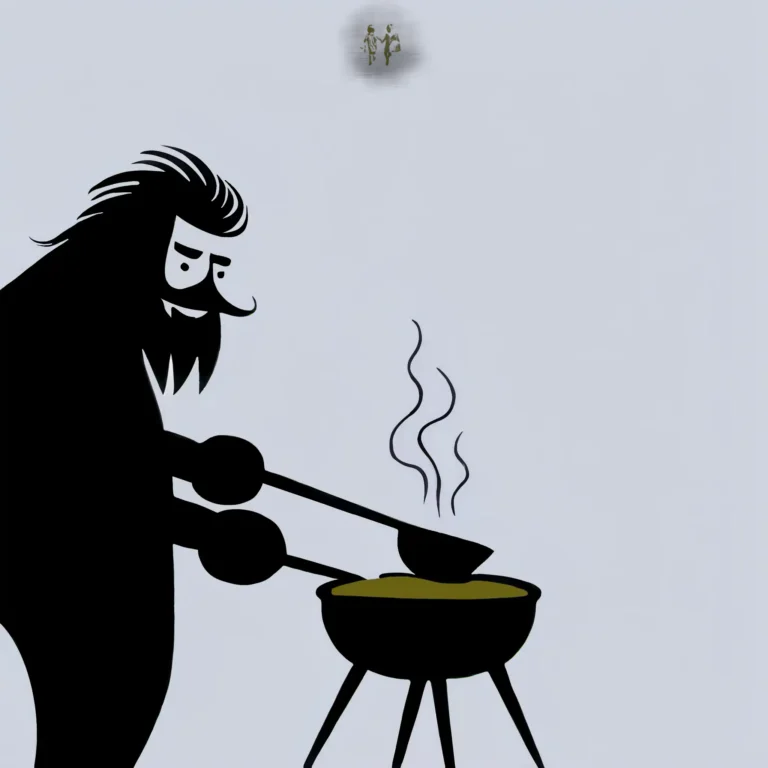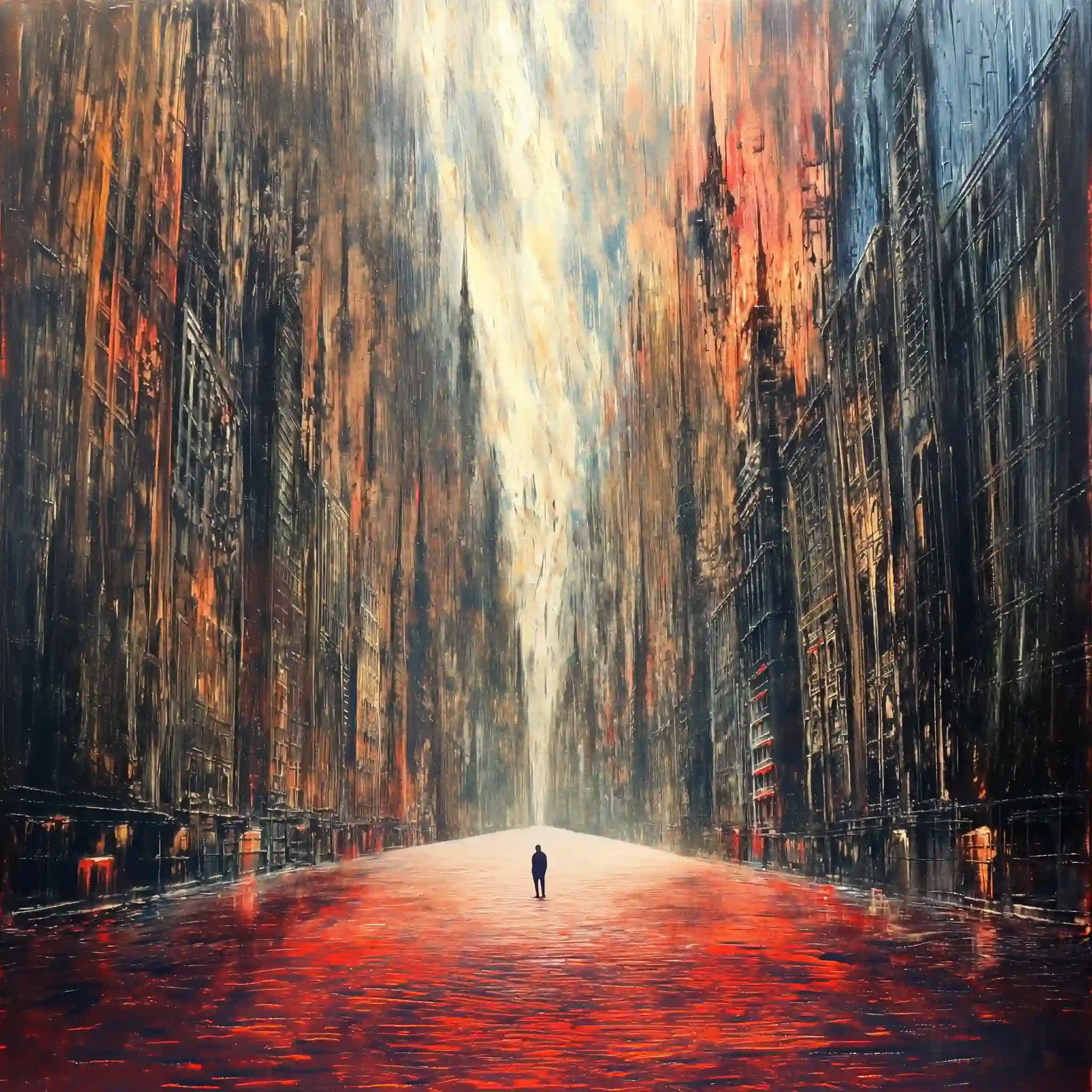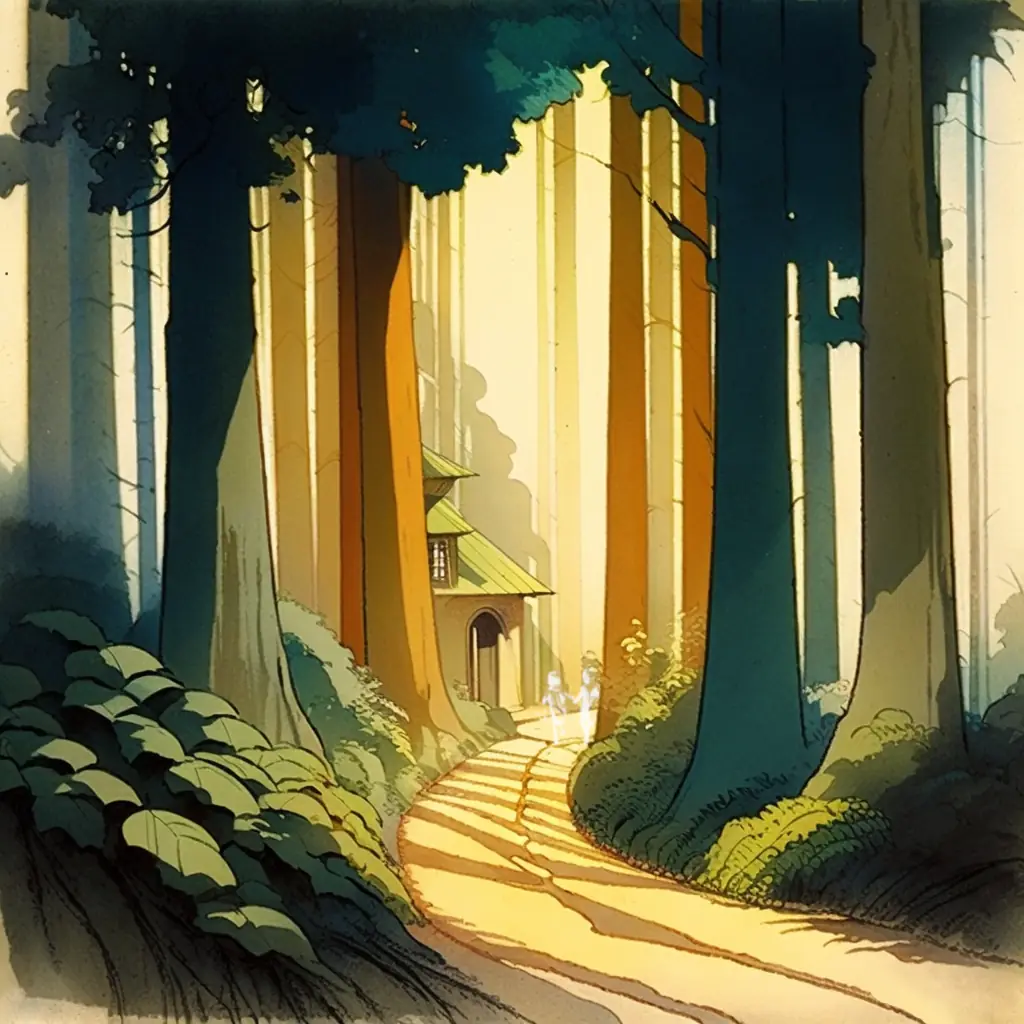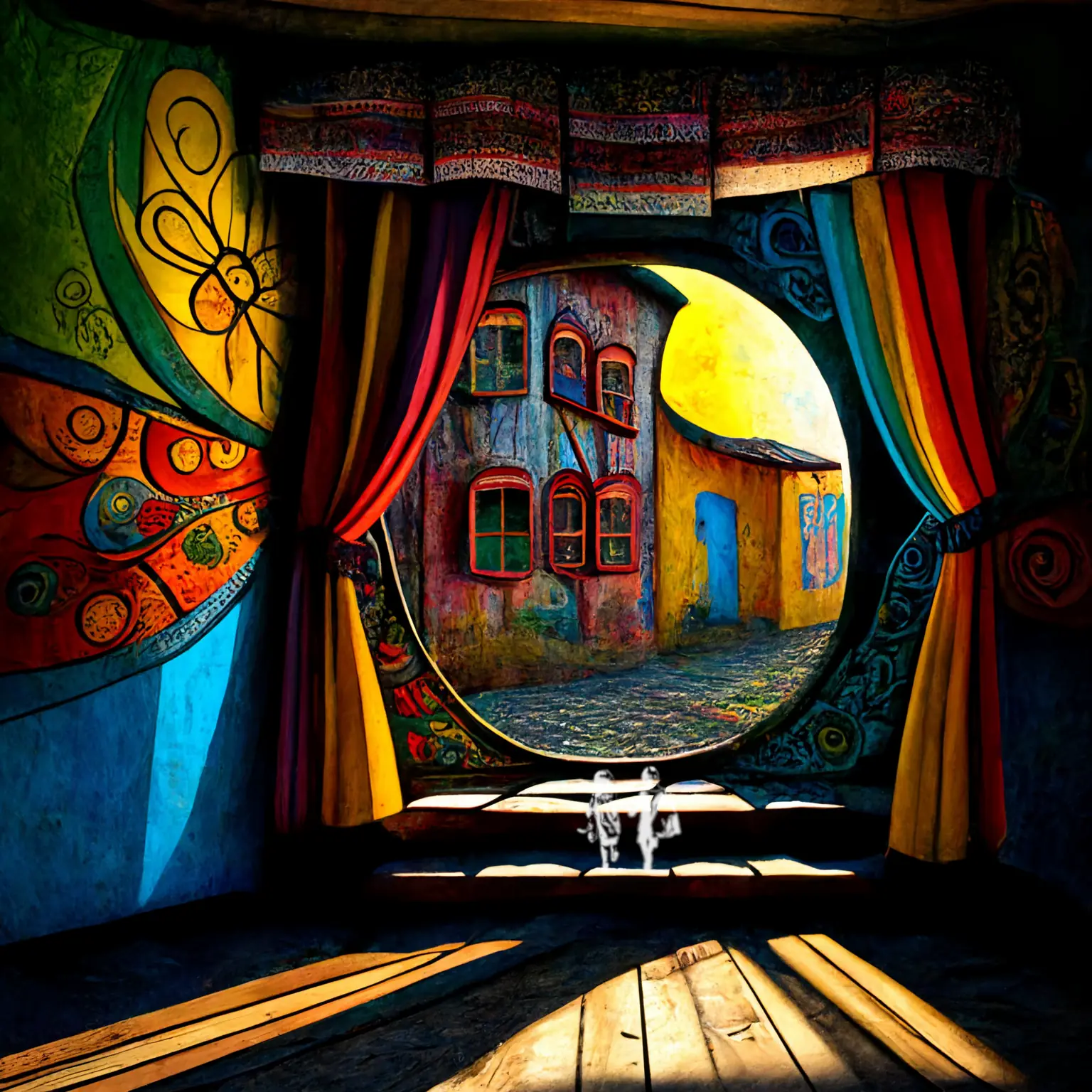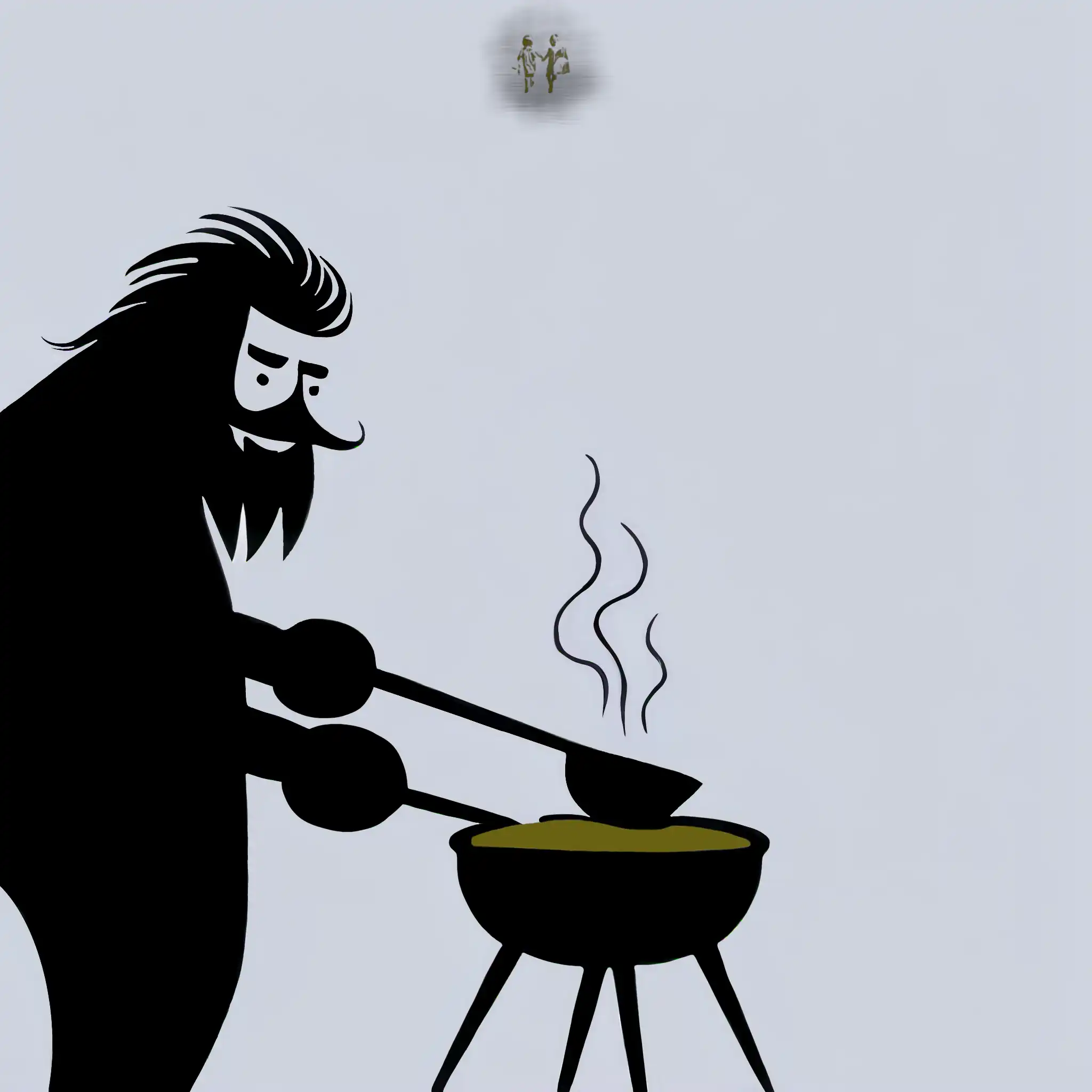
Echoes: From Pasts Unknown
The past only exists to the extent that we each curate and nurture our individual understandings of what, for us, used to be.
My past is not my children’s past, even the moments that we share are uniquely ours alone. As together we see a colour and agree to call it blue — knowing my blue is not her blue, his blue is not mine — so we know the past. The memories that we agree upon, that we agree we share.
We don’t live in the past because it’s not how we’re wired. We are born and exist only in a moment. Our physical, mental and spiritual processes all appear to function solely in the now.
So, unsurprisingly, we know shockingly little about the past. A life lived 10,000 years ago? I can only give you a description of yesterday, and only of my own experience. And the further I am removed from yesterday, the more likely my description is riddled with wishful thinking, or simply misremembered. Also, most likely attached to fleeting moments of emotion. Memories joined in an ever changing consideration of what I am, maybe, because of what I may have been. At least, I think that I therefore was.
It doesn’t matter how much I would wish to claim it otherwise, my past is from a mist. It seems once it was, and now it most certainly is not.
Apparently, there is a degree of sophistication to Stone Age cookery that was previously unknown. The remains of plant material, found in the Chandler cave in Northern Iraq, suggests that Neanderthals, and early humans, were engaging in more advanced cooking than we had previously considered. It appears that they used many different ingredients, and some technique, to prepare their meals. They were engaged in making their meals more interesting and edible. Upscale cave cuisine.
Wild nuts, peas, grasses, beans or lentils, are some of the things discovered as being used to flavour and be part of these ancient meals. The plant remains found are dated from 70,000 years ago. It is reasoned that this particular cave was home base for Neanderthals, an extinct species of human, at the time. Subsequently, probably 40,000 years ago, it was home to a version of our direct lineage, Homo sapiens.
That our long ago ancestors, or distant cousins, weren’t just trying to throw down their necks whatever they could find so they wouldn’t die, that they cared to make their food more palatable, is very interesting. It adds some sepia tones to the images of the past. But it doesn’t bring them out of the mists in any real sense.
Consider Shakespeare, probably the most well known of all writers in English, we know almost nothing of him as a living being. Yet, it does not matter, at all. From the mists we have the words, and they do exist in the now. To our great fortune — in this moment.
An argument could be made that today we would have endless, scrollable, hours of video of Shakespeare being very Shakespeary. We would be able to watch him at his desk writing, perhaps witness him demur as we insisted he explain himself, and other as fascinating et cetera’s. But, beyond a few minutes of interest, once we had the measure of what we perceived him to be, that would be it. Into the mists of memory. Easily recalled from the cloud, and as easily dismissed. He would still be as unknown. As any of us are, outside the moment, unknown.
There is no collective yesterday, we share information and create a mosaic that we call the past. I’m not saying that the past doesn’t exist, just that it exists only as data collected and recorded in a fragile attempt to collate what was.
We live forever in this now, which is self-contained. It’s forever everything, and it’s forever shifting, becoming the mist.
We are children of change, in this moment.
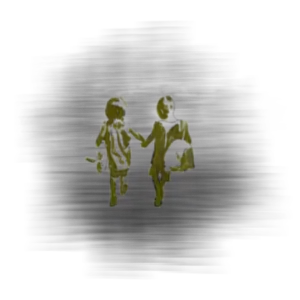
it’s your life
you understand

